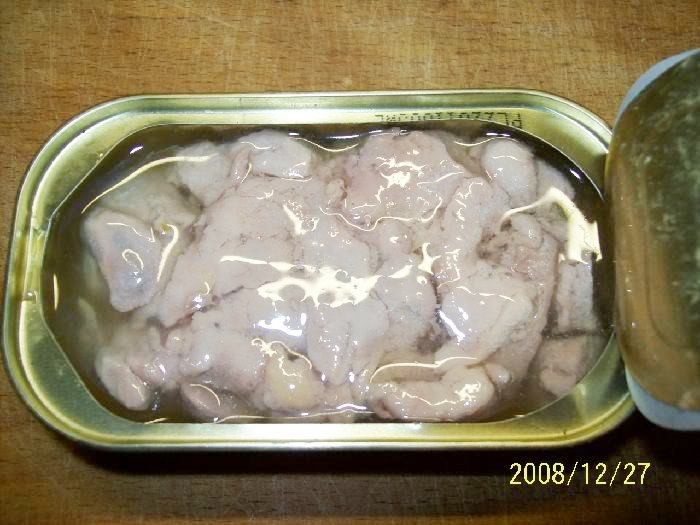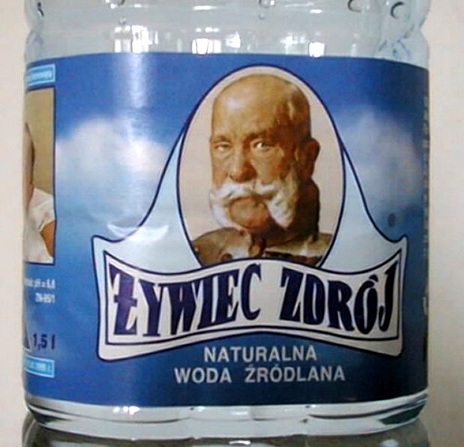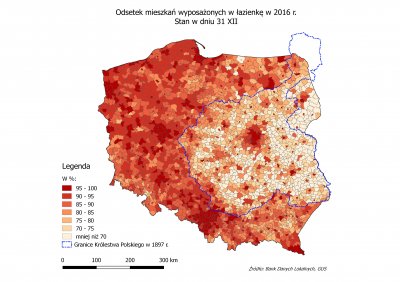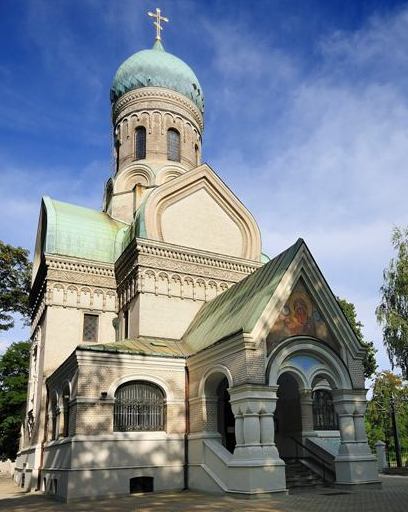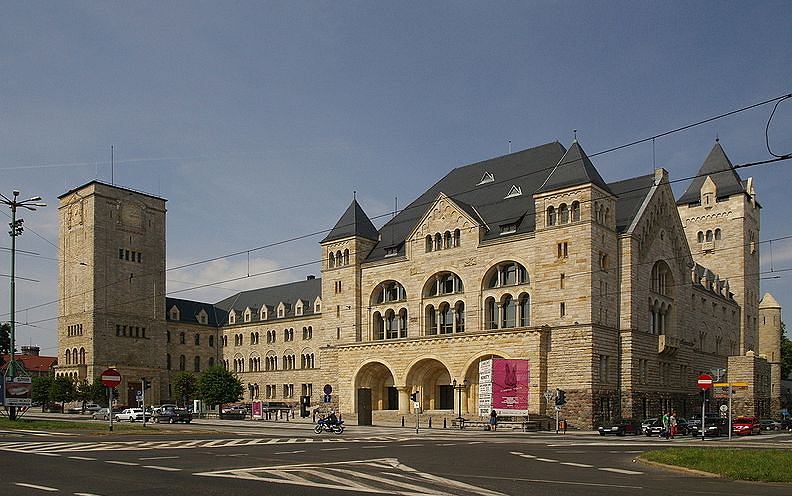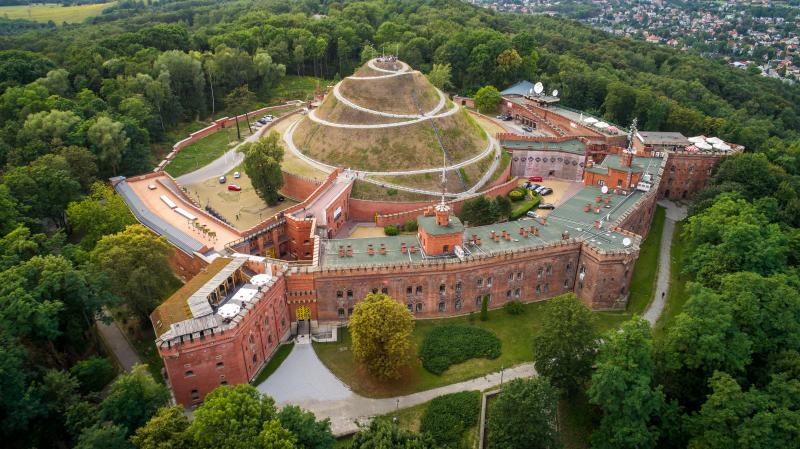History /
Modern myths and legends about communist past in Poland [250]
That's actually a great idea.
Yes, the idea for this thread originated in another thread.
I like reading comments under various articles describing contemporary lifestyle in Poland and I don`t remember a single article without a poster going like:
In communism it was a good life because... or
during communist times such things were unthinkable or
before Solidarity we had real.....Some of these comments might be produced by Kremlin trolls because they follow certain fixed pattern, some by Polish trolls who are bored but some must be written by people disappointed with today`s capitalist reality.
Myths are an result of focusing on positive and good facts from a collective history.
Yes, people tend to forget bad sides and prefer to remember only good ones.
However, doing so, they too often embelish those positive things, making them nearly perfect, which is against historical accuracy, of course.
Is it like in the anecdote about an old aristocratic French lady asked about her best time in life? She answered: The time of the French Revolution. What? Massacres, persecutions, beheadings are the best? Yes, because I was 18 years old then.
How can we do it? Provide an exampe of a myth and bust it right away.
The sausage one in particular reminds me of a discussion
In communism sausage was
real, made according to strict technological norms (mostly meat) and without additives.People forget that:
- there were long periods when sausage and meat was rationed.
- there were only a few kinds of sausage available.
- today they complain about cheapest sausages for 10 PLN but if they pay more, like 25, they can buy excellent product. Let alone one for 40 PLN.


